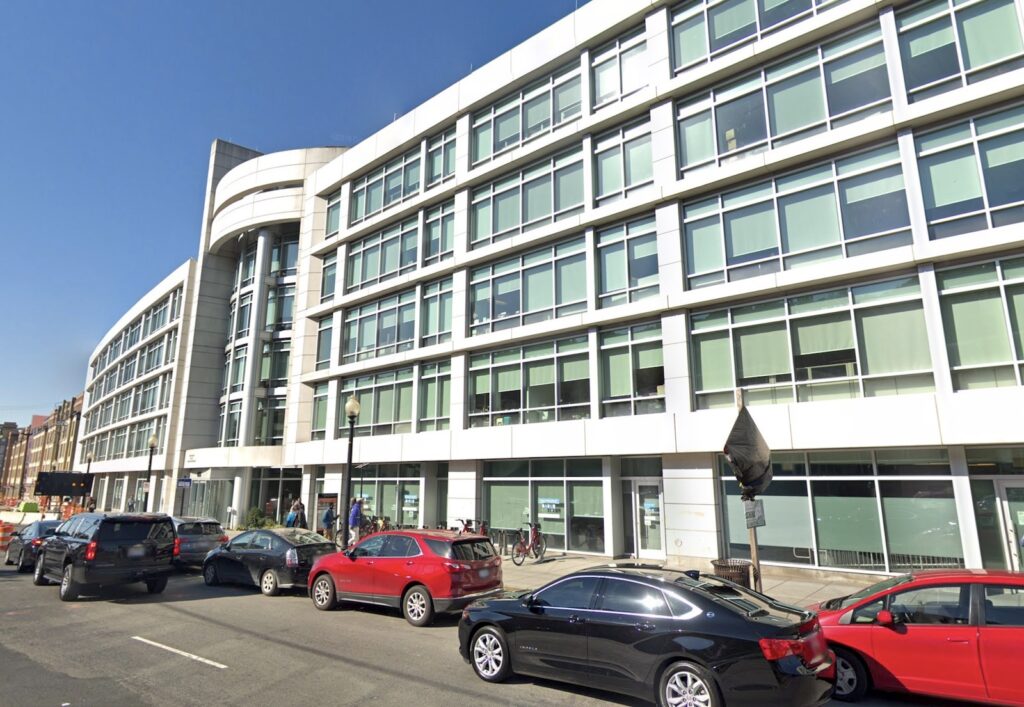The District raised its minimum wage to adjust for inflation, keeping it higher than any state in the country. Mayor Muriel Bowser announced the increase two days before it took effect on July 1. The minimum wage is now $16.10 for non-tipped employees and $5.35 for tipped employees.
Under D.C.’s Fair Shot Minimum Wage Amendment of 2016, D.C. can raise its minimum wage based on the Consumer Price Index, a tool economists use to measure inflation nationally. On June 10, the Bureau of Labor Statistics, which oversees the index, announced the amount urban consumers were paying for housing, food and gas increased by 8% between May 2021 and May 2022. This is the largest one-year increase since 1981.
Under the Fair Shot Act, D.C. increased its minimum wage from $11.50 in 2016 to $15 in 2020. Bowser first adjusted the minimum wage for inflation last summer, raising it to $15.20. This January, she set the living wage — the rate businesses receiving contracts or grants from the D.C. government have to pay their workers — at $15.50. With the most recent announcement, the living wage increased along with the minimum wage to $16.10.
Even before the increase, D.C. had the highest minimum wage of any state or territory in the country. Of the 33 jurisdictions with minimum wages higher than the federal rate of $7.25, only D.C. and California have hit $15 an hour.
But the increase doesn’t guarantee affordability. For one, D.C.’s tipped wage is lower, now at $5.35 an hour up from $5.05. Employees on the tipped wage are supposed to hit the $16.20 mark with tips or be paid by their employer for the difference. Workers, however, say not every employer does this correctly, which can lead to confusion and wage theft.
In 2018, D.C. voters approved a ballot measure that would have raised the tipped minimum wage to the standard minimum wage over eight years. The D.C. Council repealed the measure later that year before it could take effect. This year, voters can expect to see a similar measure on the ballot in November, called Initiative 82. Since 2018, the council has become more progressive, making a repeat repeal unlikely. Eighteen states have a higher tipped wage than the District.
Even workers who will now be making the $16.10 wage struggle to afford to live in the city, many residents pointed out on social media after the mayor announced the increase. Massachusetts Institute of Technology’s living wage calculator shows a single person working 40 hours a week would have to earn $23.13 an hour to actually afford to live in D.C., and $43.07 an hour if providing for a child.
Housing costs are a major factor in the cost of living. Someone working 40 hours a week and making the new minimum wage would make about $33,500 before taxes in a year. It costs $23,088 to rent a studio in D.C. for a year, and $28,800 for a one-bedroom, on average. Any individual making minimum wage who rents an apartment at this place would be classified as severely rent-burdened.
Annemarie Cuccia covers DC government and public affairs through a partnership between Street Sense Media and The DC Line. This joint position was made possible by The Nash Foundation and individual contributors.








